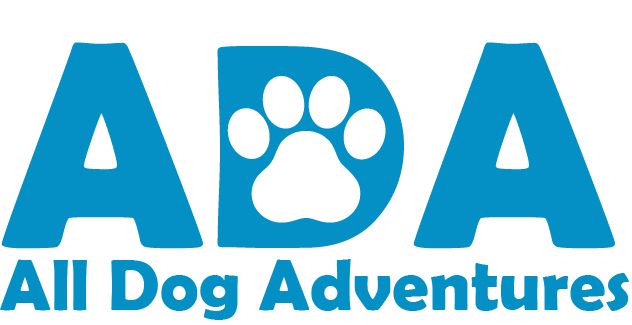At All Dog Adventures, we believe dog obedience training is an essential part of responsible pet ownership. It not only helps your furry friend develop good manners and obey commands but also strengthens the bond between you and your beloved companion. However, it's important to approach training with the right techniques and avoid common pitfalls that can hinder progress. In this blog post, we will discuss the crucial dos and important don'ts of dog training. Learn more below, then book dog training with us today!
Dos And Don'ts of Dog Training
Dos And Don'ts of Dog Training
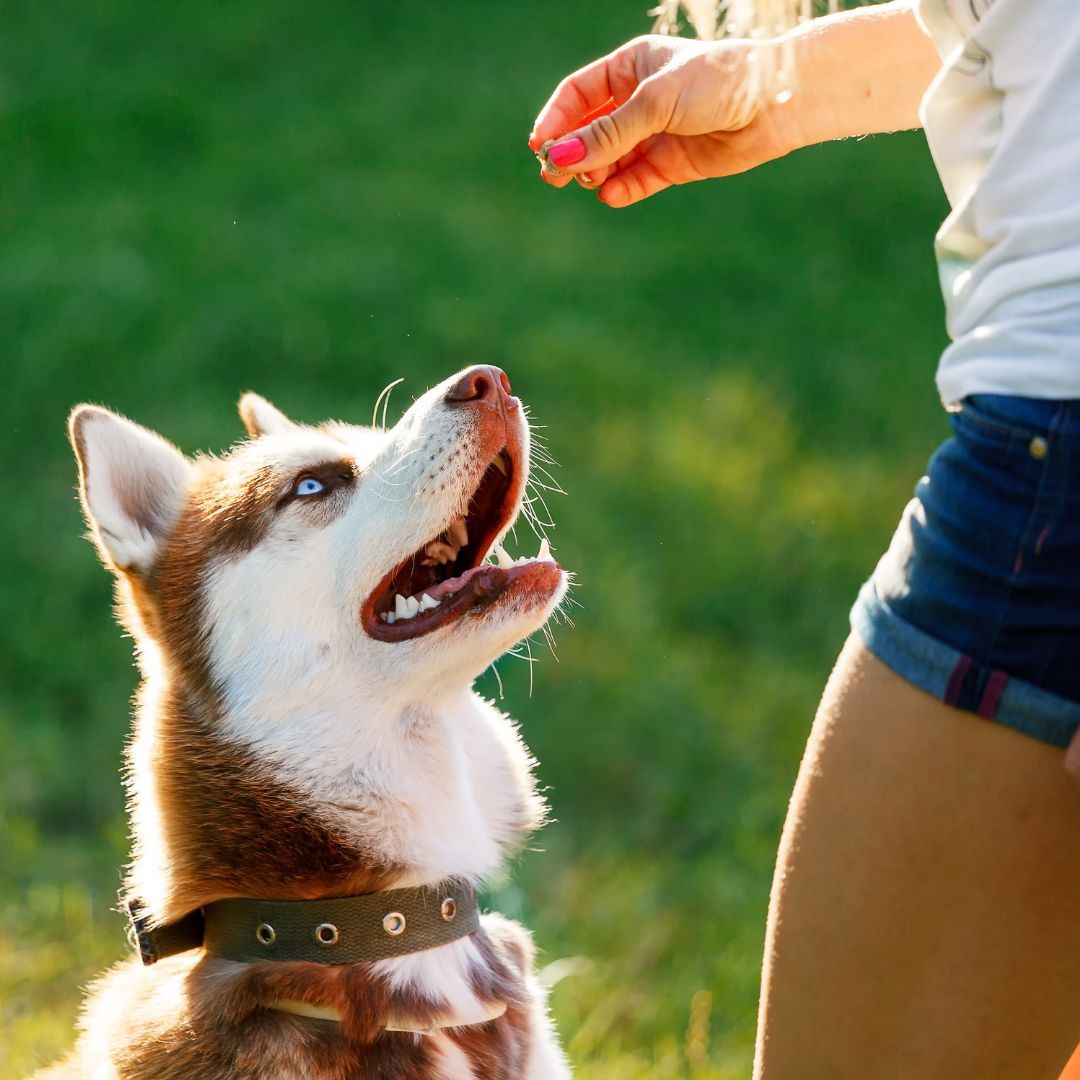
Do #1: Use Positive Reinforcement
Positive reinforcement is a key method in dog training. Rewarding desired behaviors with treats, praise, and playtime encourages your dog to repeat those behaviors. When your dog follows a command or exhibits good manners, reward them immediately. This positive approach helps build a strong association between behavior and reward, making training a more enjoyable and effective experience for both you and your furry friend.
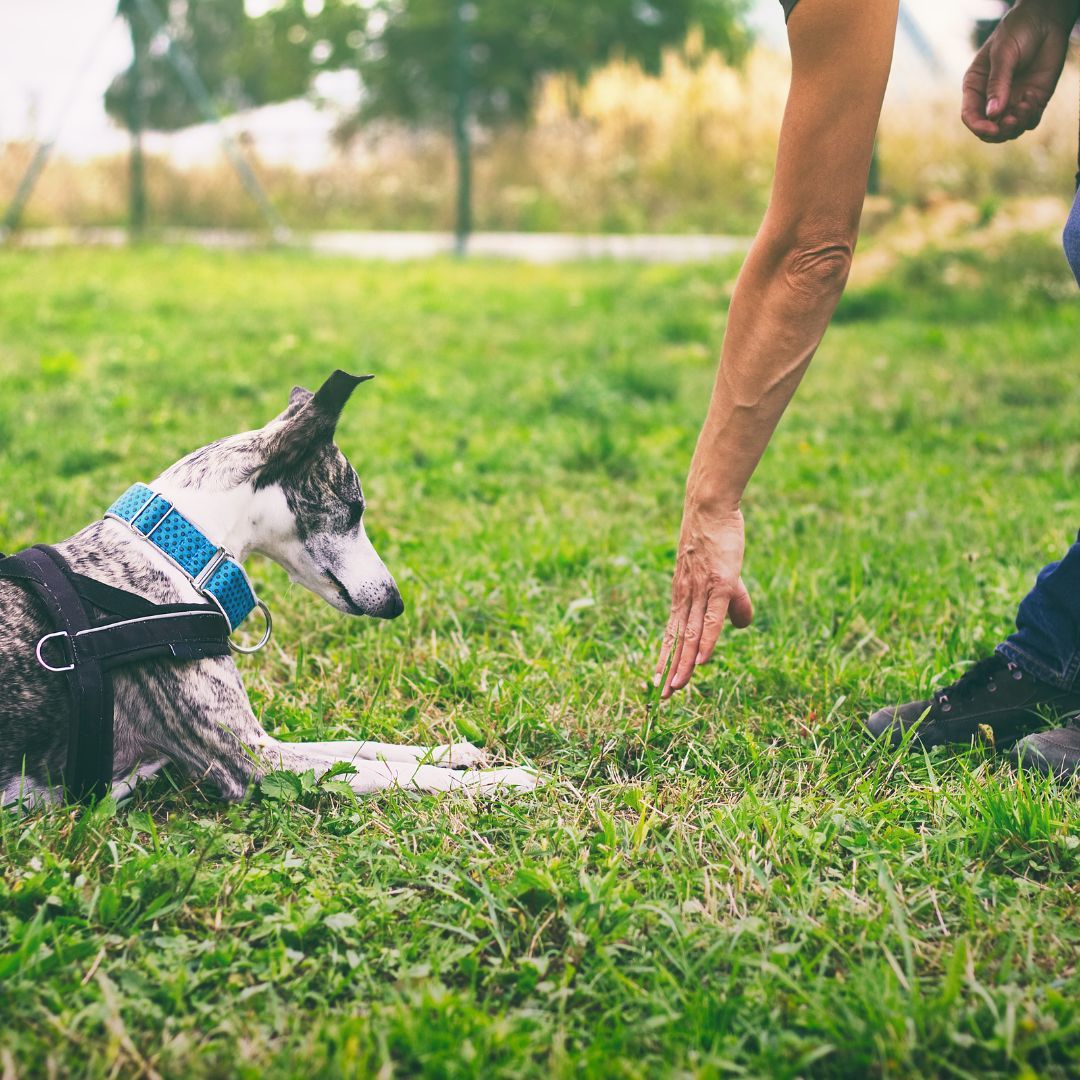
Do #2: Be Consistent and Patient
Consistency is vital in dog training. Establish clear rules, rewards, and commands that everyone in your household follows. Dogs thrive on routine and structure, so consistency in training methods helps them understand expectations. Patience is equally important — dogs learn at different speeds, and it's essential to remain calm and patient throughout the training process. Rushing or losing patience can confuse your dog and undermine progress.
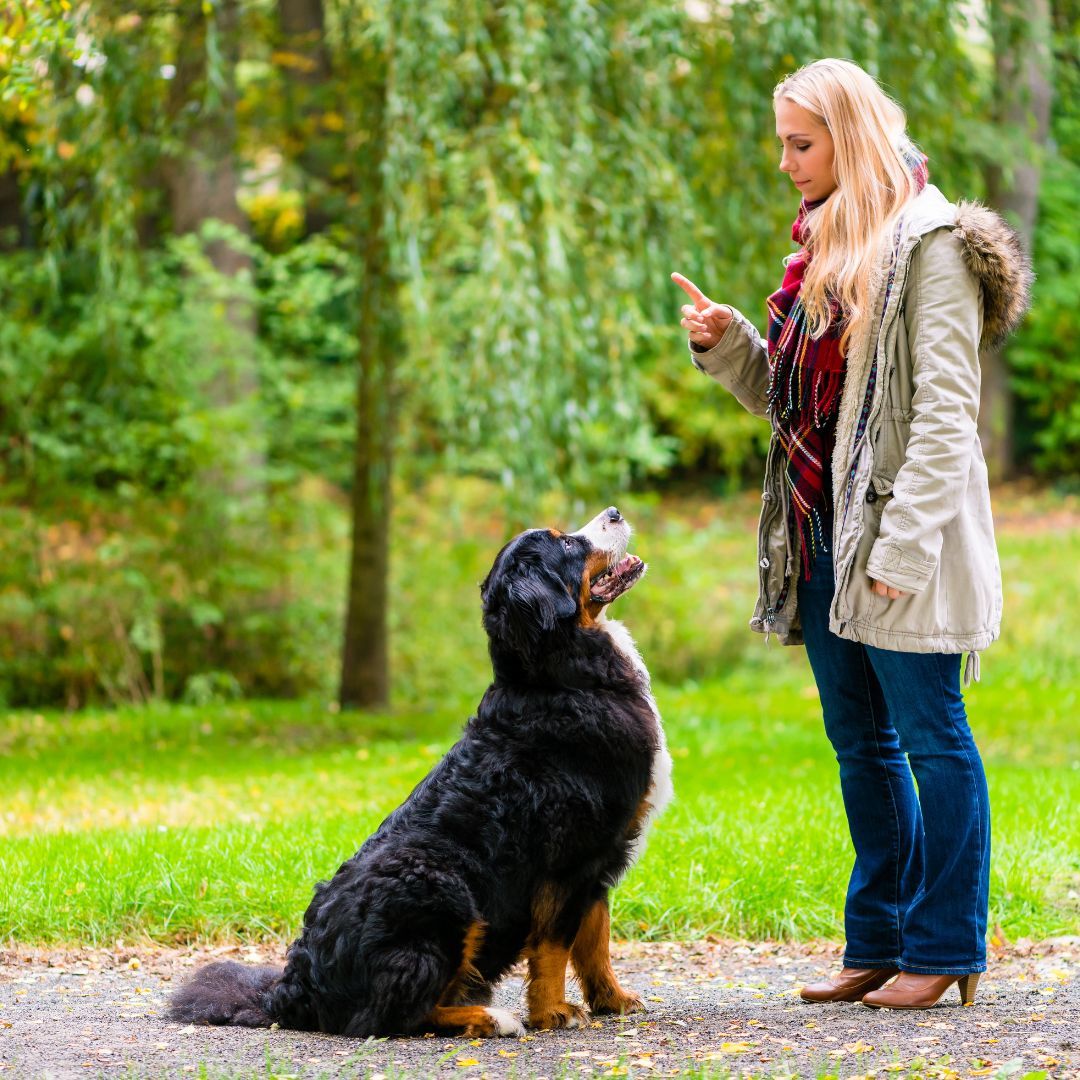
Do NOT #1: Punish or Use Physical Force
Using punishment or physical force during training can cause fear, anxiety, and aggression in dogs. Yelling, hitting, or using choke collars are not effective training methods and can damage the trust between you and your pet. Instead, focus on positive reinforcement and redirecting unwanted behavior. For example, if your dog chews on furniture, provide them with appropriate chew toys and redirect their attention.
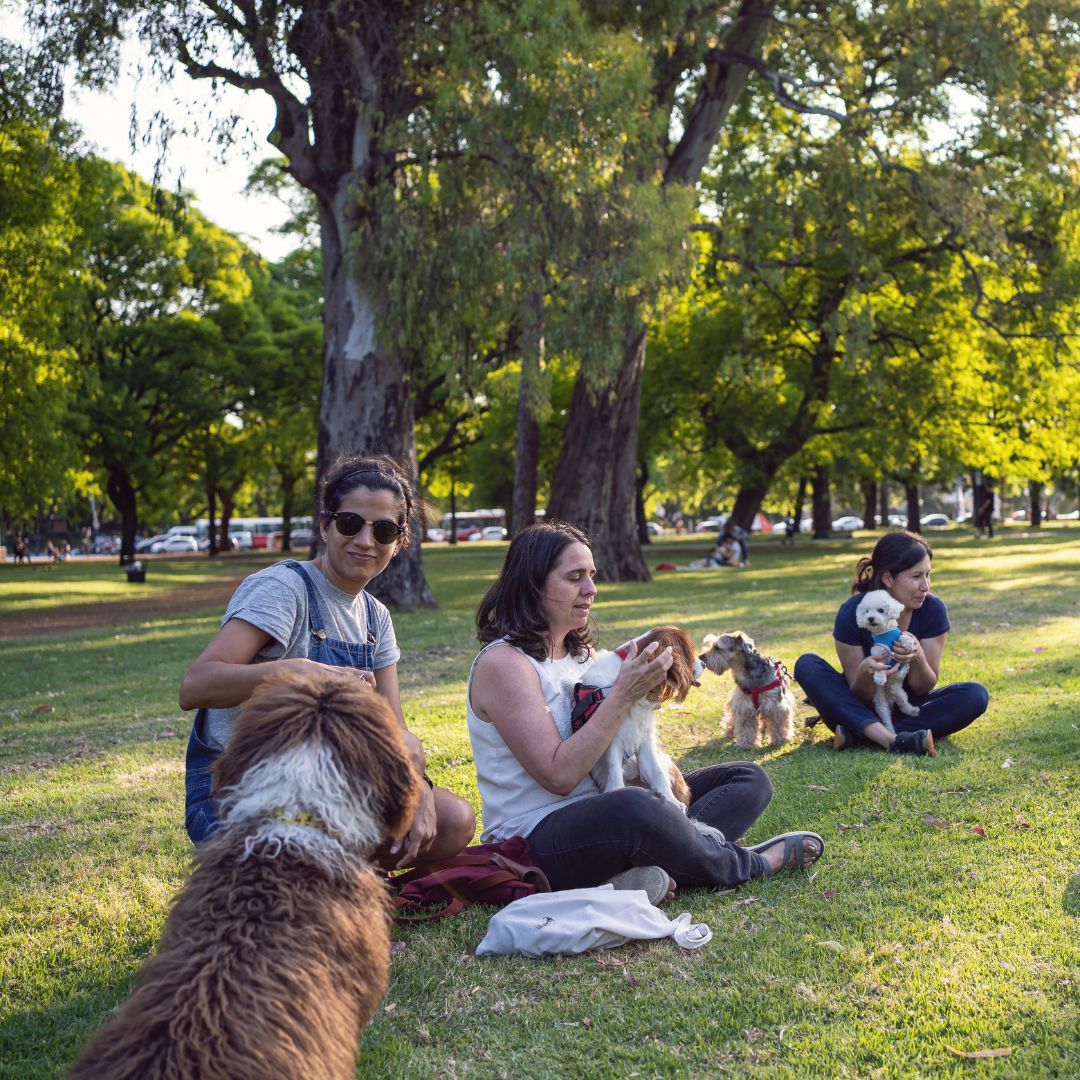
Do NOT #2: Neglect Socialization
Socializing your dog is crucial for their overall development and well-being. Exposing your furry friend to different environments, people, and animals from a young age helps them become confident and well-adjusted. Neglecting socialization can lead to fearfulness, anxiety, or aggression in adult dogs. Regularly expose your dog to new experiences and reward them for calm and positive behavior during social interactions.
Successful dog training relies on positive reinforcement, consistency, patience, and socialization. By following these dos and avoiding the don'ts, you can nurture a well-behaved, happy, and confident companion. Remember, training is an ongoing process, and with time, dedication, and love, you can shape your dog into a joyful member of your family. Need a hand? Leave it to the team at All Dog Adventures in Richmond, VA. Book training for your dog today.
